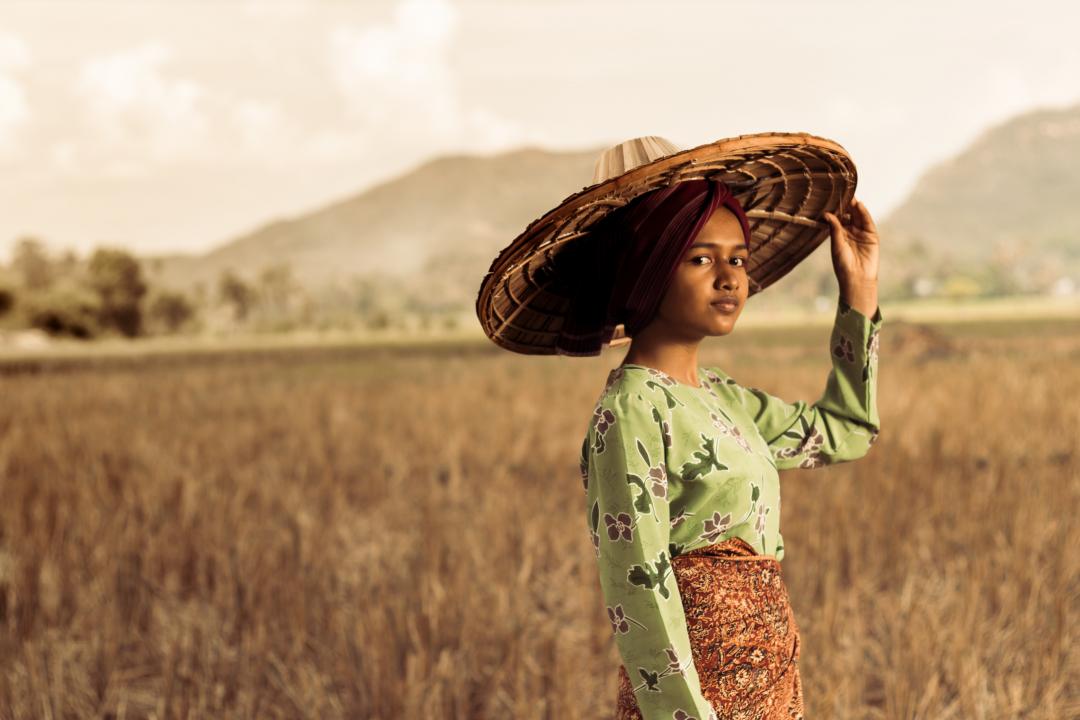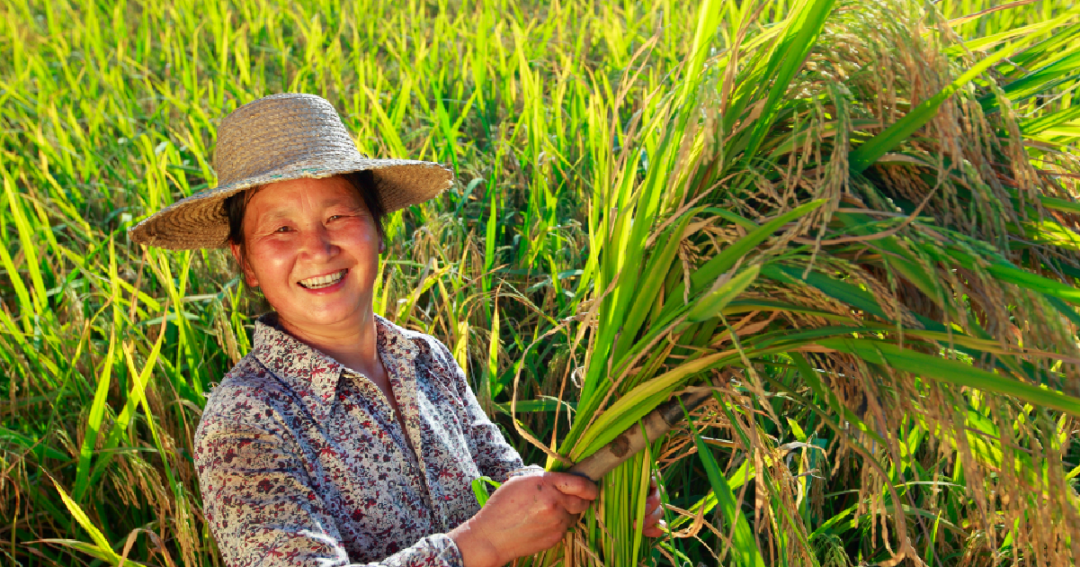Impact Investing Exchange (IIX) is a pioneer in impact investing, founded by Professor Durreen Shahnaz. In 2017, it launched its first Women’s Livelihood Bond, focusing on financial inclusion enterprises in Southeast Asia. Since then, the series has expanded to include new sectors in Sri Lanka, Indonesia, and India.
What do you see as the main challenges faced by women entrepreneurs and women-focused enterprises in securing funding to scale their inclusive businesses in South and Southeast Asia, based on your experience?
Women across developing markets, including Asia, face a multitude of financial and non-financial challenges that prevent them from securing funding to improve their livelihoods and scale their businesses. IIX’s Founder and CEO Professor Shahnaz created IIX to innovate solutions to bridge these gaps. Some of the key gaps we see are:
- The lack of innovative financial products that bring the capital markets to women for the last mile: This is why IIX created the US$150 million Women’s Livelihood Bond (WLB) series, the world’s first gender lens impact investing instrument to be listed on a stock exchange. It innovates to address issues of risk for investors, enabling them to invest in women and enterprises who are seen as too risky by the market while including the voices of end beneficiaries.
- The lack of holistic support for Women-Small and Medium Enterprises (W-SMEs): To address this gap, we bring an entire ecosystem, value chain approach to support enterprises at each stage of growth. We support seed and early stage women-focused enterprises with our award-winning accelerator program ACTS; facilitate investments to growth stage firms through our Impact Partners crowdfunding platform; and create innovative financial products such as the Women’s Livelihood Bond series (WLB) for mature firms that still face challenges accessing capital.
- The lack of a gender-lens impact measurement: One of the key barriers to the global progress for gender equality, especially as impact investing becomes mainstream, is the extent to which we are truly giving underserved women a voice and ensuring that our financial markets are valuing them for the force that they are in society. IIX draws on a decade of our proprietary impact measurement framework, used to unlock US$215 million in private sector capital, to ensure that those who are impacted by investments are valued.
You created the Women’s Livelihood Bond series in 2017. Can you explain why you decided to focus on supporting businesses that primarily employ women, such as Amru Rice?
We focus on supporting women – as suppliers, as employees and managers, as entrepreneurs, and as customers – because we believe that women are at the heart of development. On the level of the individual household, research has found that women invest as much as ten times more of their earnings than men do in their family's well-being, in areas including child health, education, and nutrition. Women in developing countries are also well positioned to play a pivotal role in combating climate change due to their close relationship with natural resources such as land, water, and energy. From an economic standpoint, closing the gender gap could add US$28 trillion to global GDP, which is more than enough to close the climate finance gap.

In terms of choosing the enterprises that you are funding, was there competition among them, and how did you make your selections?
We have a unique approach to the construction of our portfolio. We see that investors are ultimately attracted to the WLB because it balances three key components of Risk-Return-Impact (RRI): IIX mitigates the RISK of the bond by creating a diversified portfolio of senior loans that is both multi-country and multi-sector. Investors also benefit from two layers of credit protection. On the RETURN side, the bond provides investors with stable returns that result from businesses serving real community needs across their value chain. To date, all coupon payments to investors have been paid in full. Finally, the bond creates positive IMPACT in underserved communities as it invests in businesses that empower those at the forefront of building resilience.
We use the following approach to pull together entities for the portfolio:
- Upfront due diligence that ensures deep impact on women: By conducting in-person field visits and collecting sex-disaggregated data directly from the women beneficiaries on the ground, this beneficiary-centric process allows IIX to go beyond measuring just outputs, but also the quantifiable outcomes that can be used by Borrowers to deepen their impact.
- Multi-country, multi-sector innovation: The WLB Series is the world’s first multi-country, multi-sector gender bond to report both social and financial returns. Making this a reality involved conducting a preliminary assessment of the list of potential borrowers; first, at a macro level for target geographies and next, at a micro level for MFIs and SMEs.
- Incentivizing behavior change: Most significantly, our Bond enables us to ring-fence funding to encourage firms to increase their impact on women. Take Kinara Capital as an example: in India, where less than 14 per cent of all businesses are owned by women, the Bond’s proceeds are extending their HerVikas Program to over 2,500 women-owned small businesses, which will help them sustain and expand their businesses during Covid-19. All in all, what we achieve through this is the transitioning of traditional businesses so that women are finally formally integrated into their supply chain.
What advice would you have for entrepreneurs who are having trouble explaining their value to investors because they have unique inclusive business models that may have a longer pay-back time or KPIs that may not be as easily measured monetarily?
We believe that it is critical to listen to the voice of the women-owned, women-led and women-supported enterprises in the data that is used to make investment decisions. This helps us ensure the long-term sustainability of W-SMEs, as well as the sustainability of investments.
As a pioneer in gender-lens impact assessment, we conduct in-depth interviews with the women themselves and ask them what factors they consider to be valuable, ensuring that they have a voice and are given appropriate value during the portfolio construction and investment decision making process. Our approach specifically focuses on the evaluation of outcomes, meaning the evaluation of positive change to women’s lives.
Through our Impact Assessment Framework, we are able to map the impact of the Bond’s portfolio to the United Nations Sustainable Development Goals and calculate the Social Return On Investment (SROI), a specific method for measuring social value for the investor. Quantifying outcomes in this manner thereby enables us to communicate to investors the amount of social return generated per dollar of investment.

Did the Covid-19 pandemic cause you to pivot your focus in any regard?
First and foremost, let me highlight the fact that the Borrowers in the WLB Series have performed very well during the pandemic. We credit this to the fact that these enterprises are serving real community needs across their value chains. As markets become fragmented and countries turned inward during the COVID crisis, the Bond’s borrowers were at the forefront of building resilience in their communities.
As a result of the COVID-19 pandemic, IIX did build a Covid lens into our portfolio diversification strategy:
- We sourced enterprises which were Covid Responsive, that is, enterprises that were an active part of the solution in immediately responding to COVID-19 (for example, in the healthcare sector)
- We sourced enterprises which were Covid Resilient, that is, enterprises that were critical to helping their communities to thrive during the outbreak and beyond (for example, in the sustainable agriculture or clean energy sectors)
- We sourced enterprises which were Covid Resistant, that is, sectors insulated from Covid-19 disruptions
Also, COVID-19 forced us to conduct our impact due diligence remotely. We were fortunate that we had successfully piloted our digital impact assessment tool, IIX Values, that served as a remote impact monitoring tool for the Women’s Livelihood Bond 2. By verifying the impact even remotely, IIX was able to continue hearing from the voices of underserved women even during the pandemic.